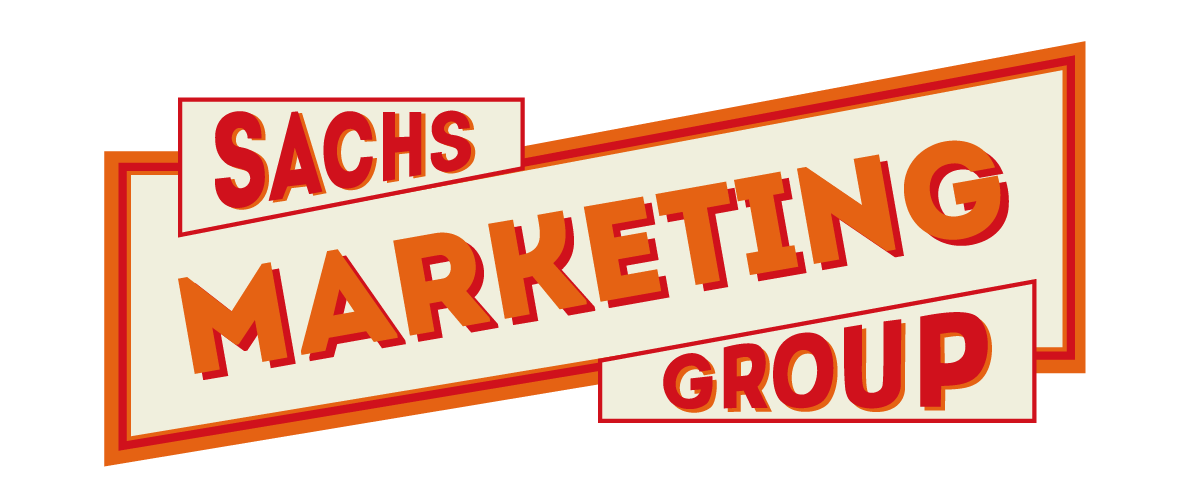Google’s acquisition timeline since 2001 features key purchases like Android in 2005, pivotal in mobile OS; YouTube in 2006, expanding into video sharing; and DoubleClick in 2007, enhancing online advertising. The acquisitions demonstrate Google’s strategy to expand its services, invest in new technologies, and strengthen its position as a tech giant.
Google got its start in 1995 when founders Sergey Brin and Larry Page met. The following year, they started working on a search engine called BackRub, but once it clogged Stanford University servers after a year, they registered Google.com on September 15th, 1997. Let’s take a look at how the most used search engine on the internet has grown into something much more. Since launch, the tech giant has acquired more than 200 companies.

Google’s acquisition timeline is a fascinating journey that highlights the tech giant’s strategic growth and diversification. Here’s an expanded view of some of their most significant acquisitions:
2001 – Deja: Google’s acquisition of Deja, a Usenet discussion service, marked its first major purchase. This acquisition was instrumental in developing Google Groups, enhancing Google’s data collection and community-based services.
2003 – Pyra Labs (Blogger): The purchase of Pyra Labs, the company behind Blogger, signified Google’s entry into the world of content creation and management, paving the way for a surge in user-generated content on the web.
2004 – Keyhole, Inc: Keyhole, a geospatial data visualization company, was acquired and became the foundation for Google Earth. This acquisition showcased Google’s interest in mapping and 3D visualization technology.
2005 – Android Inc.: Perhaps one of Google’s most impactful acquisitions, Android Inc. laid the groundwork for the development of the Android operating system, which would go on to become the most widely used mobile OS in the world.
2006 – YouTube: Acquiring YouTube, the popular video-sharing platform, for $1.65 billion was a major step for Google in dominating online video content, significantly enhancing its multimedia offerings.
2007 – DoubleClick: The purchase of DoubleClick for $3.1 billion expanded Google’s advertising capabilities, particularly in display and video advertising, and bolstered its data collection for targeted advertising.
2008 – Tonic Systems and Marratech: These acquisitions were crucial for developing Google Docs and Google Meet, respectively, expanding Google’s suite of productivity tools and collaboration software.
2009 – reCAPTCHA: Acquiring reCAPTCHA not only improved Google’s security measures but also contributed to its machine learning and book digitization efforts.
2010 – AdMob: This purchase allowed Google to extend its advertising empire into the mobile domain, capitalizing on the growing smartphone usage.
2011 – Motorola Mobility: Although Google later sold Motorola, this acquisition was significant for its portfolio of patents and for providing insights into the mobile hardware industry.
2014 – Nest Labs: The acquisition of Nest Labs marked Google’s foray into the smart home industry, showcasing its interest in expanding its reach beyond digital services into physical products.
2015 – Alphabet Inc.: While not an acquisition, the creation of Alphabet Inc. as a parent company to Google and several former Google subsidiaries marked a major restructuring and diversification of the company’s business interests.
2019 – Looker: Google acquired Looker, a big data analytics company, enhancing its cloud computing services and data analytics capabilities.
2020 – Fitbit: The acquisition of Fitbit represented Google’s significant move into the wearable technology market, focusing on health and wellness.
These acquisitions, among many others, illustrate Google’s strategy to continuously evolve, enter new markets, and integrate innovative technologies into its ecosystem. They reflect a combination of enhancing existing services (like advertising and content platforms) and venturing into new territories (like mobile OS, hardware, and cloud services), making Google a multifaceted corporation with a vast influence across the technology landscape.


